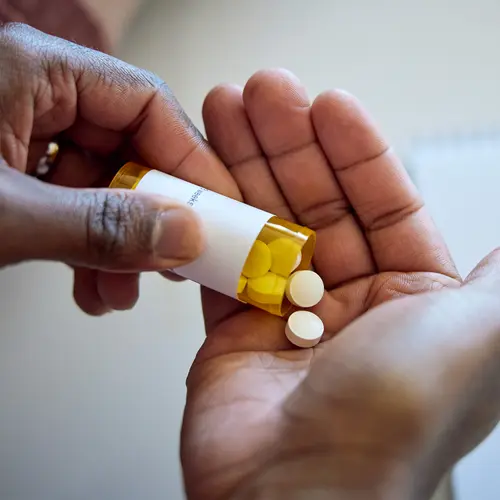If someone you love has schizophrenia, knowing when to call the doctor isn’t always easy -- and you can’t always rely on your loved one to let you know they need help.
During a psychotic episode, they may not know the difference between what’s real and what isn’t. They could see and hear things that aren’t there (hallucinations) or believe something is controlling their thoughts (delusions). They might even think that you’re plotting against them.
This can be scary and upsetting. But stay calm, trust your intuition, and remember that professional help is within reach.
When Should You Call the Doctor?
Most of the time your loved one won’t suddenly lose complete control of themselves. You’ll probably notice signs leading up to a psychotic episode.
Symptoms vary, but there are some common ones, including:
- Mistrustful or suspicious beliefs or ideas
- Unexpected outbursts
- Isolation from friends and family
- Noticeable mood changes
- Trouble sleeping
- Bizarre behavior
Call your doctor for advice if your loved one’s mood changes or their thinking seems unusual. If they have stopped taking their medication, but doesn’t seem like they are going to hurt you or anyone else, encourage them to visit the doctor with you.
Additional resources that are helpful include the National Alliance for the Mentally Ill (NAMI) https://nami.org/Home or the Substance Abuse and Mental Health Services Administration (SAMHSA) https://www.samhsa.gov/.
When to Call 911 Instead
If you’re afraid help from your doctor isn’t going to be fast enough, you may need call to 911. To decide when you should call for help, ask yourself these questions:
- Is your loved one threatening to harm themselves or someone else, including you?
- Have they ever attempted suicide before?
- Are they unable to feed or dress themselves?
- Are they living on the streets?
If you answered “yes” to any of these, call 911 or a local emergency number. Some county health departments have crisis units that can assist during a mental health emergency. Don’t try to solve the situation on your own or put yourself at risk.
If you think there’s any chance that they will try to commit suicide, ask someone to stay with them while you call for emergency help.
When to Ask for the Police
Most people with schizophrenia are not violent. But just like you would in any other situation, if you’re scared for your safety, immediately call 911 and ask the dispatcher for the police.
Tell them that your loved one is psychotic, and explain you need help controlling their behavior and getting them medical treatment. Ask the police not to show any weapons when they arrive so they don’t alarm them more.
If possible, someone should stay with you while you wait. And you should also call their doctor right away.
No matter what, remember that you and your loved one deserve to get the help you need quickly, so you can get back on track with their wellness plan.

